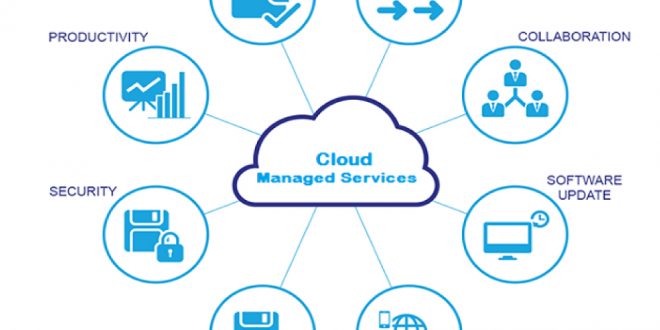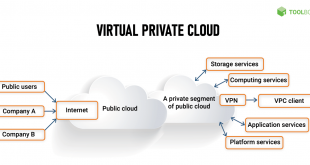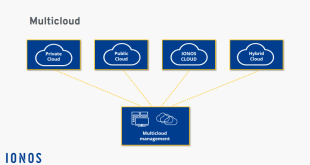Managed cloud services have emerged as a transformative force, empowering businesses to harness the cloud’s boundless potential without the burden of management complexities. By entrusting experts with their cloud infrastructure, organizations can unlock a myriad of benefits, including cost optimization, enhanced security, and unparalleled scalability.
This comprehensive guide delves into the intricacies of managed cloud services, exploring their benefits, types, and best practices. It provides a roadmap for organizations seeking to leverage the cloud’s transformative power and achieve their business objectives.
Managed Cloud Services Overview
Managed cloud services provide businesses with a comprehensive solution for managing their cloud infrastructure and applications. These services are designed to reduce the operational burden on businesses, allowing them to focus on their core competencies while leveraging the benefits of cloud computing.
Key benefits of using managed cloud services include:
- Reduced costs: Managed cloud services can help businesses save money by eliminating the need for in-house IT staff and infrastructure.
- Improved efficiency: Managed cloud services can help businesses improve efficiency by automating tasks and providing access to a team of experts.
- Increased scalability: Managed cloud services can help businesses scale their operations quickly and easily to meet changing demands.
- Enhanced security: Managed cloud services can help businesses improve security by providing access to the latest security technologies and expertise.
There are different types of managed cloud services available, including:
- Infrastructure as a Service (IaaS): IaaS provides businesses with access to virtual servers, storage, and networking resources.
- Platform as a Service (PaaS): PaaS provides businesses with a platform for developing, deploying, and managing applications.
- Software as a Service (SaaS): SaaS provides businesses with access to software applications that are hosted and managed by the cloud provider.
Benefits of Managed Cloud Services
Managed cloud services offer numerous advantages that can significantly enhance your business operations. These benefits include cost savings, improved security and compliance, and increased scalability and flexibility.
Cost Savings
Managed cloud services can help you save money in several ways:
- Reduced hardware and infrastructure costs:You don’t need to purchase and maintain your own servers, storage, and networking equipment.
- Lower IT staff costs:Managed cloud providers handle the day-to-day management of your cloud infrastructure, freeing up your IT staff to focus on more strategic initiatives.
- Optimized resource utilization:Managed cloud providers can help you optimize your cloud usage, ensuring that you’re only paying for the resources you need.
- Predictable pricing:Managed cloud services typically offer predictable monthly pricing, which can help you budget more effectively.
Improved Security and Compliance, Managed cloud services
Managed cloud providers have extensive security expertise and resources that can help you protect your data and applications from cyber threats. They can also help you meet industry-specific compliance requirements, such as HIPAA, PCI DSS, and GDPR.
Increased Scalability and Flexibility
Managed cloud services offer on-demand scalability, which means you can easily increase or decrease your cloud resources as needed. This can help you meet changing business demands and avoid overprovisioning or underprovisioning.
Types of Managed Cloud Services
Managed cloud services can be categorized into three main types based on the level of control and responsibility they provide: Infrastructure as a Service (IaaS), Platform as a Service (PaaS), and Software as a Service (SaaS).
The following table provides a comparison of these three types of managed cloud services:
| Type | Description | Examples | Advantages | Disadvantages |
|---|---|---|---|---|
| Infrastructure as a Service (IaaS) | Provides access to the underlying infrastructure, including servers, storage, and networking. | Amazon EC2, Microsoft Azure Virtual Machines, Google Compute Engine | – High level of control and flexibility
|
– Requires significant technical expertise to manage
|
| Platform as a Service (PaaS) | Provides a platform for developing, deploying, and managing applications. | Heroku, Google App Engine, AWS Elastic Beanstalk | – Reduced development and deployment time
|
– Limited customization options
|
| Software as a Service (SaaS) | Provides access to software applications over the internet. | Salesforce, Microsoft Office 365, Google Workspace | – Easy to use and access
|
– Limited customization options
|
Considerations for Choosing a Managed Cloud Service Provider
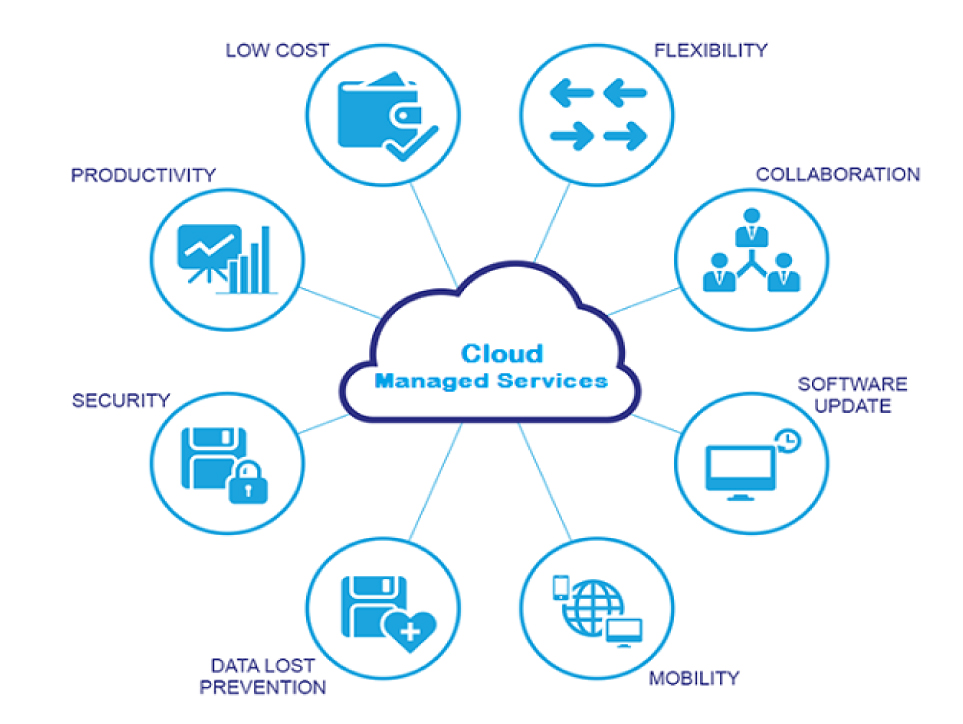
Selecting the right managed cloud service provider is crucial for the success of your cloud adoption journey. Several key factors should be considered to ensure you choose a provider that aligns with your business needs and objectives.
Experience and Expertise
Evaluate the provider’s track record and experience in delivering managed cloud services. Look for providers with a proven history of successfully managing cloud environments for businesses of similar size and industry.
Customer Support
Excellent customer support is essential for a seamless managed cloud experience. Choose a provider that offers 24/7 support, quick response times, and a dedicated team of experts to assist you with any queries or issues.
Service Level Agreement (SLA)
A clear SLA Artikels the provider’s commitments regarding performance, uptime, security, and support. Carefully review the SLA to ensure it aligns with your business requirements and provides the necessary guarantees for service delivery.
Best Practices for Managing Cloud Services

To effectively manage cloud services, several best practices should be followed. These include continuous monitoring, regular backups, disaster recovery planning, and ongoing optimization and cost control.
By adhering to these best practices, organizations can maximize the benefits of cloud computing while minimizing risks and ensuring optimal performance and cost-effectiveness.
Monitoring and Management
- Establish a comprehensive monitoring system to track key performance indicators (KPIs) such as uptime, latency, and resource utilization.
- Use automated tools for real-time monitoring and alerting to identify and address issues promptly.
- Implement logging and tracing mechanisms to gather detailed information about cloud service usage and behavior.
Backups and Disaster Recovery
Regular backups are crucial for protecting data and ensuring business continuity in the event of a disaster or data loss.
- Create automated backup schedules and verify backups regularly to ensure data integrity.
- Implement a disaster recovery plan that Artikels steps for restoring services and data in case of an outage.
- Consider using multiple backup locations and cloud regions for added redundancy and protection.
Optimization and Cost Control
Continuous optimization is essential for maximizing the value of cloud services while controlling costs.
- Review cloud usage patterns and identify areas for improvement in resource allocation and utilization.
- Implement cost-saving measures such as right-sizing instances, using spot instances, and negotiating with cloud providers.
- Monitor cloud spending and use cost management tools to track and optimize expenses.
Case Studies of Successful Managed Cloud Service Implementations
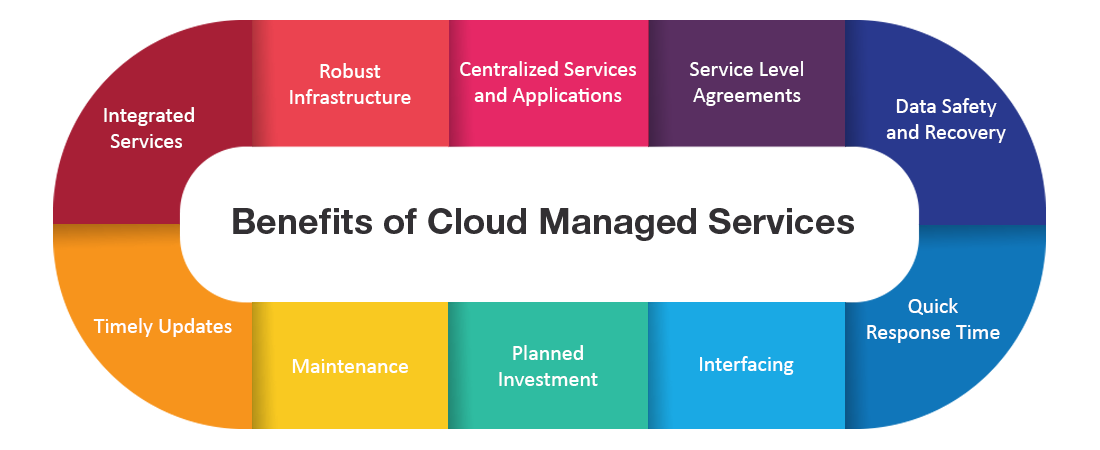
Managed cloud services have transformed the way businesses operate, enabling them to leverage the benefits of cloud computing without the complexities of managing the underlying infrastructure. Here are a few case studies of businesses that have successfully implemented managed cloud services, showcasing the benefits they achieved and the challenges they overcame.
One notable example is a leading e-commerce company that faced challenges in scaling its infrastructure to meet the demands of its rapidly growing customer base. By partnering with a managed cloud service provider, the company gained access to a scalable and reliable cloud infrastructure that could handle the surge in traffic during peak periods.
This resulted in improved website performance, increased customer satisfaction, and a significant boost in sales.
Benefits Achieved
- Improved website performance and reduced downtime
- Increased customer satisfaction and loyalty
- Significant cost savings through reduced infrastructure and maintenance expenses
- Enhanced security and compliance
- Access to cutting-edge technologies and expertise
Challenges Faced
- Selecting the right managed cloud service provider
- Ensuring seamless migration of existing applications and data
- Managing security and compliance in a cloud environment
- Optimizing cloud resources for cost efficiency
Lessons Learned
- Conduct thorough research to evaluate and select the best managed cloud service provider
- Plan and execute a comprehensive migration strategy to minimize downtime
- Establish clear security policies and procedures in collaboration with the managed cloud service provider
- Continuously monitor and optimize cloud resource utilization to avoid overspending
Final Wrap-Up: Managed Cloud Services
Managed cloud services have revolutionized the way businesses operate, providing a cost-effective, secure, and agile foundation for growth and innovation. By embracing these services, organizations can harness the full potential of the cloud and unlock a world of possibilities.
 Bussines News Daily
Bussines News Daily
